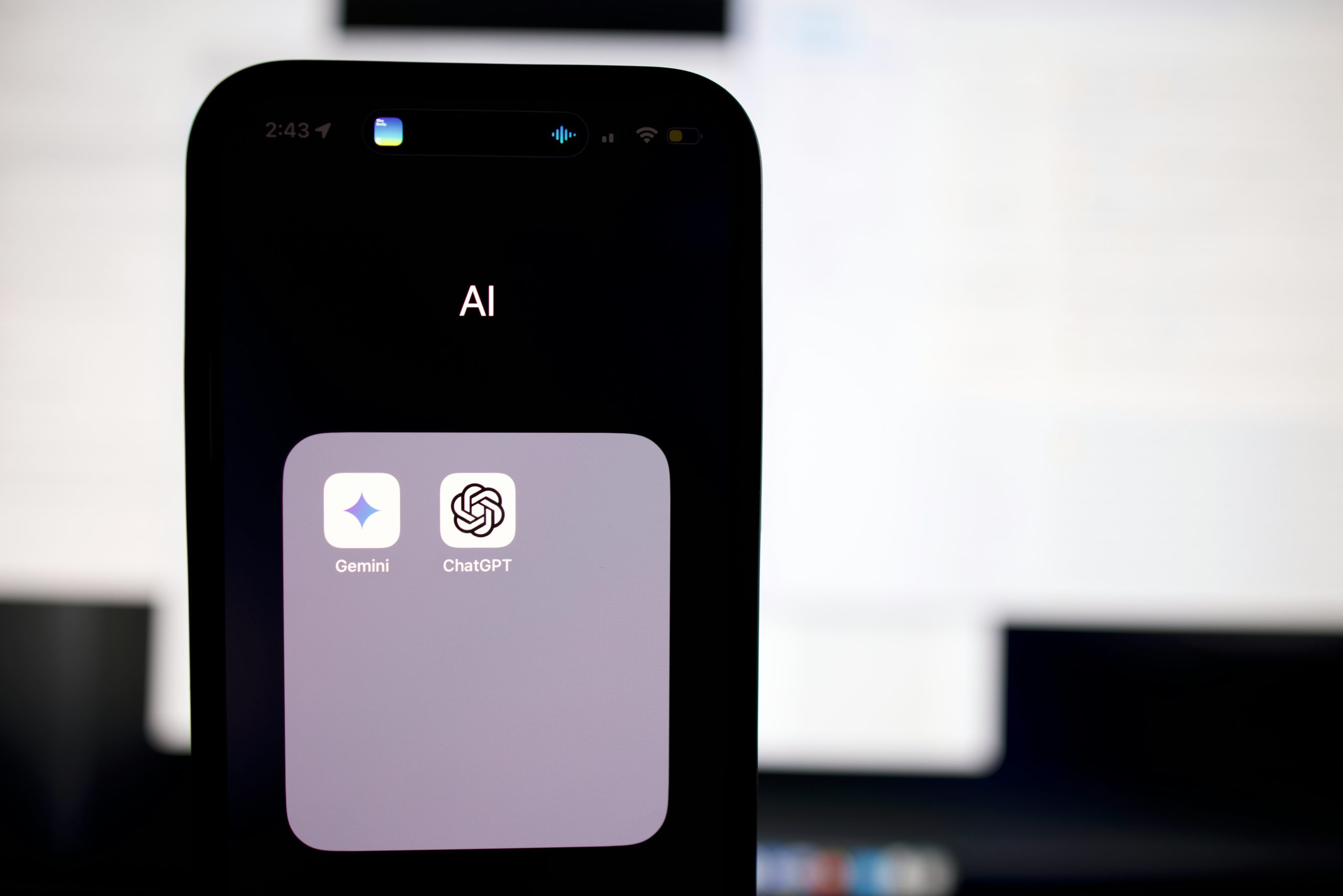Ethical Concerns Around AI in Legal Practice: What Lawyers Need to Know
In today’s highly digitalized world, the field of law is not an exception to the advancements in technology. From online legal research to virtual courtrooms, technology has significantly transformed the way legal practice operates. One significant development in this regard is the use of Artificial Intelligence (AI) in legal practice. AI is the simulation of human intelligence processes by computers, enabling them to perform tasks that typically require human intelligence, such as logical reasoning, problem-solving, and decision-making. While AI has many applications in the legal industry, its deployment has given rise to numerous ethical concerns. In this article, we will explore the various ethical concerns that surround the use of AI in legal practice and why it is crucial for lawyers to be aware of them. 
Understanding Artificial Intelligence in Legal Practice
Before delving into the ethical concerns surrounding AI in legal practice, it is essential to understand what AI is and how it is used in the legal industry. AI has a broad definition and encompasses various technologies such as natural language processing, machine learning, and cognitive computing. In legal practice, AI is primarily used to automate repetitive and time-consuming tasks such as document review, contract management, and legal research. This has drastically reduced the time and costs involved in these processes, improving efficiency and accuracy in legal practice.
The Ethical Concerns around AI in Legal Practice
1. Bias and Discrimination
One of the most significant ethical concerns surrounding the use of AI in legal practice is the potential for bias and discrimination. Bias refers to the tendency to favor one particular group or outcome over others, while discrimination is the unjust treatment of individuals or groups based on their race, gender, religion, or other characteristics. AI systems are built on data, and if the data used to train the AI is biased, then the AI will also be biased. This can lead to discriminatory outcomes in legal decisions, such as in the hiring process or sentencing. As AI is increasingly used in legal practice, it is crucial to address the issue of bias and discrimination to ensure fair and just outcomes.
2. Lack of Transparency and Accountability
Another ethical concern surrounding AI in legal practice is the lack of transparency and accountability. Unlike human decision-making, AI algorithms are complex and difficult to understand. This lack of transparency makes it challenging to determine how the AI arrived at its decision, making it difficult to challenge or appeal the decision. Additionally, as AI is still in its early stages, there are no established standards or regulations for its use, leading to a lack of accountability for any potential errors or biases in the system.
3. Privacy and Data Protection
AI systems in legal practice require massive amounts of data to be trained and operate effectively. This raises concerns over privacy and data protection, as sensitive client information may be shared with third-party AI vendors. There is also the risk of data breaches, which could lead to the exposure of confidential information. Striking a balance between utilizing AI and protecting client data is crucial for maintaining trust and ethical standards in legal practice.
4. Implications for the Legal Profession
As AI continues to advance, there are concerns that it may replace human lawyers and legal professionals. This raises ethical concerns around job loss and the impact on the legal profession. While AI can handle routine legal tasks, there will still be a need for human lawyers to provide legal advice and make complex decisions. Maintaining the integrity and professionalism of the legal profession while embracing the benefits of AI is a significant ethical concern that needs to be addressed.
What Lawyers Need to Know
It is imperative for lawyers to be aware of the ethical concerns surrounding AI in legal practice to ensure that they use it responsibly and ethically. This includes staying informed about the latest advancements in AI, understanding how it is being used in the legal industry, and mitigating the risks associated with its use. It is also essential for lawyers to advocate for ethical standards and regulations to ensure the responsible use of AI in legal practice.
In conclusion, AI has the potential to revolutionize the legal industry, but it also raises significant ethical concerns. Lawyers must be proactive in addressing these concerns to ensure that AI is used responsibly and ethically in legal practice. As the use of AI becomes more prevalent in the legal profession, it is crucial to strike a balance between the benefits it offers and the ethical considerations that come with it.





